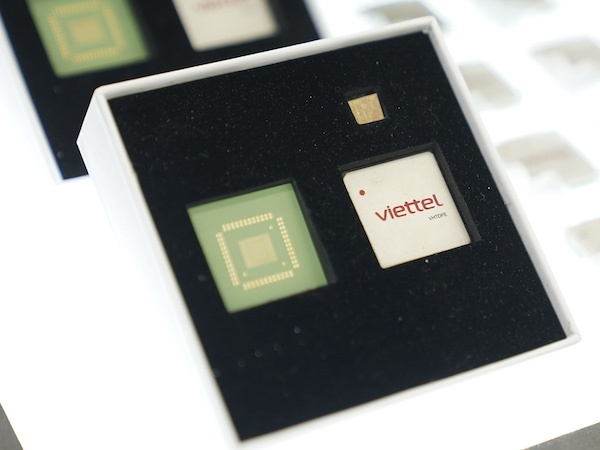Vietnam Internet Speed Soars, Digital Infrastructure Develops
Vietnam’s mobile internet speed has increased by 40 percent in the past five months, marking significant achievements in the country’s digital infrastructure construction and telecommunications industry development.
Vietnam is currently undergoing a significant digital transformation, with mobile internet speed increasing by 40% over the past five months. This highlights the country's commitment to enhancing digital infrastructure and fostering a competitive telecommunications industry.
The notable improvement in Vietnam's internet speed is attributed to increased regulatory transparency and better service quality. The Vietnam Internet Network Information Center (VNNIC), under the Ministry of Information and Communications (MIC), has played a crucial role in this development through the application of the i-Speed internet speed measurement tool.
The i-Speed application allows users to measure internet speed without incurring data costs, facilitating proactive monitoring and reporting of service quality. This initiative aims to enhance consumer engagement in the digital space, ensuring the provision of high-standard services.
Recent data shows that the current average upload speed is stable at around 21.19 Mbps, while the download speed has significantly increased from 38.69 Mbps in March 2024 to 54.34 Mbps in July 2024. This indicates a 20% improvement in upload speed over the same period, leading to an overall better user experience.

The competitive landscape of Vietnam's mobile internet services has also seen significant changes. As of July 2024, the market leader Viettel, after substantial investment in network infrastructure and service quality, offers the highest average download speed of 65.89 Mbps and upload speed of 21.71 Mbps in the market.
VNPT, another major provider, closely follows with an average download speed of 52.99 Mbps and upload speed of 21.5 Mbps. Although MobiFone and Vietnamobile lag in speed, they continue to play essential roles in the market competition.
In addition to the improvements in mobile internet, Vietnam's fixed broadband sector has also performed strongly. Viettel leads the fixed broadband market with an average download speed of 128.97 Mbps, with competitors like FPT Telecom and VNPT driving dynamic competition in this sector, contributing to the overall progress in Vietnam's digital infrastructure.
MIC's proactive approach to releasing service quality indicators has brought significant changes to the country's telecommunications industry, creating a more transparent and competitive environment. This transparency not only empowers consumers to make informed decisions but also drives internet service providers (ISPs) to continually improve service quality and standards, fostering a more efficient and user-centric digital ecosystem.

Reports indicate that by 2025, Vietnam plans to further enhance its digital infrastructure through comprehensive mobile broadband coverage and nationwide 5G deployment, extending to remote areas while gradually phasing out 2G services. Additionally, the plan includes providing fiber access to all households and constructing new undersea cables to expand digital connectivity and enhance stability.
Vietnam's rapid progress in mobile internet speed and overall digital infrastructure marks a critical step toward becoming a leading digital economy in the region. The continuous improvement in internet speed reflects the country's determination to advance the telecommunications industry, promote competition, and improve user experience.
·Original
Disclaimer: The views in this article are from the original Creator and do not represent the views or position of Hawk Insight. The content of the article is for reference, communication and learning only, and does not constitute investment advice. If it involves copyright issues, please contact us for deletion.